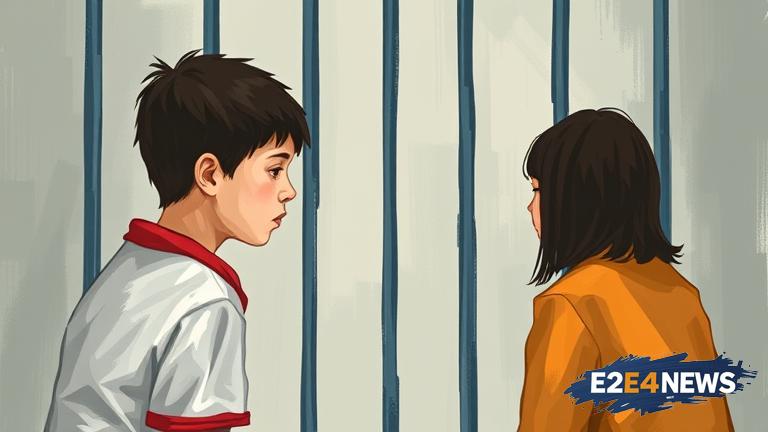The Supreme Court of Canada has recently made a landmark decision that significantly impacts the way young offenders are sentenced. According to the ruling, it is now extremely challenging for judges to impose adult sentences on individuals who commit crimes while still minors. This decision has sparked intense debate among Canadians, with some arguing that it prioritizes the rights of young offenders over the need for justice and public safety. Others see it as a necessary step towards rehabilitating young people and reducing recidivism rates. The court’s decision is based on the principle that young people’s brains are still developing, and they may not have the same level of culpability as adults. As a result, judges must now consider the individual circumstances of each case and determine whether an adult sentence is truly warranted. This could lead to more young offenders being sentenced as juveniles, which may result in shorter sentences and more emphasis on rehabilitation. However, some critics argue that this approach may not adequately address the severity of certain crimes, such as violent offenses. The Supreme Court’s decision has also raised concerns about the potential for young offenders to be released back into their communities without adequate support or supervision. On the other hand, proponents of the decision argue that it reflects a more nuanced understanding of adolescent development and the need for a more rehabilitative approach to justice. They also point out that the decision is in line with international human rights standards, which emphasize the importance of protecting the rights of children and young people. The implications of this decision will be closely watched in the coming months and years, as the justice system adapts to this new framework. It is likely that there will be ongoing debate and discussion about the effectiveness of this approach and its potential impact on public safety. Ultimately, the Supreme Court’s decision reflects a shift towards a more compassionate and rehabilitative approach to justice, one that prioritizes the needs and well-being of young people. This approach may also lead to a reduction in the number of young people being incarcerated, which could have long-term benefits for communities and society as a whole. Furthermore, the decision may also lead to increased investment in community-based programs and services that support young people and help them to develop positive relationships and life skills. As the justice system continues to evolve, it is essential to monitor the impact of this decision and make adjustments as needed to ensure that the rights of all individuals are protected and that public safety is maintained.
